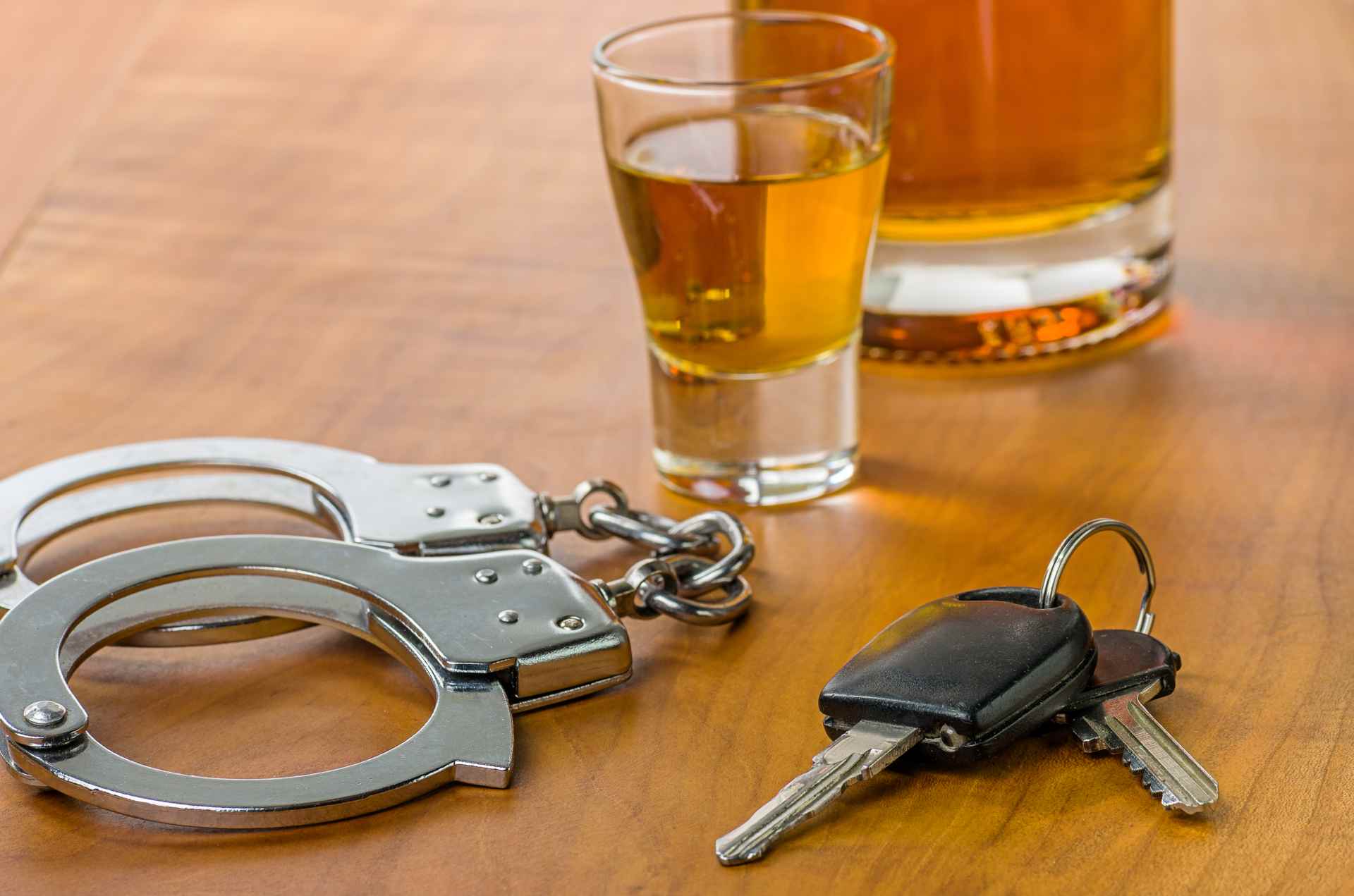
DUI Bail Bonds Explained (2024)
Written on June 1, 2024. Posted In Bail
When someone is arrested for driving under the influence (DUI), understanding how to navigate the bail bond process can be a crucial step towards managing the situation effectively. This guide will provide a detailed explanation of DUI bail bonds, helping you to grasp their function, benefits, and the necessary steps on how to bail someone out of jail for DUIi with confidence and clarity.
What is a DUI Bail Bond?
A bail bond is a way to secure someone’s release from jail before their court date. In a DUI case, it works the same way. You pay a bail bond company a fee, and they guarantee to the court that the person will appear for their hearings.
Cash Bail vs. DUI Bail Bonds: You might choose to pay the full bail amount in cash, but this can be financially burdensome. Using a DUI bail bond service offers significant advantages:
- Faster Release: Bail bond services specialize in expediting the release process, meaning your loved one can come home sooner without you having to tie up a large sum of cash.
- Peace of Mind: Having your loved one back home while waiting for the court proceedings can provide immense emotional relief.
- Professional Guidance: A reputable bail bond company can support you throughout the process, answering any questions you may have.
How Bail is Set for DUI Cases
The bail amount in DUI cases is set based on multiple factors that assess the severity of the offense and the risk posed by the accused. These factors include the defendant’s previous DUI history, the presence of aggravating factors like accidents or injuries caused, their ties to the community, and their flight risk. Judges use these criteria to determine a bail amount that ensures the accused will appear for their court dates while protecting the community.
Step-by-Step Guide: How to Bail Someone Out of Jail for DUI
Securing the release of someone who has been arrested for DUI involves several detailed steps:
- Locate Where They Are Held: Use online inmate locator systems provided by local jails or call the facility directly to find out where the person is detained.
- Determine the Bail Amount: Once located, obtain information regarding the bail amount, typically set during a bail hearing or through a standard schedule that varies by jurisdiction.
- Choose a Reputable Bail Bondsman: Contact a licensed and trusted bail bond company.
- Provide Necessary Information: You will need to provide the bondsman with details such as the full name of the detainee, their date of birth, the jail location, and the amount of bail set.
- Complete Paperwork and Pay Fees: Fill out the bail bond agreement forms. You’ll also need to pay a premium (usually about 10% of the total bail amount) and potentially provide collateral to secure the bond.
- Bond Posting: The bail bondsman will post the bond at the jail, which will initiate the release process.
- Pick Up Your Loved One: Once the bond is posted, release times can vary from a few hours to over a day, depending on the facility. Be ready to pick up your loved one as soon as they are released.
What Happens After Posting Bail?
After bail is posted, the defendant will be released under the condition that they attend all scheduled court dates, meet with their lawyer, and comply with any interim conditions set by the court, such as not driving or consuming alcohol. Missing court or violating any conditions could result in a warrant for their arrest or the forfeiture of the bail bond.
Get the Support You Need with Free at Last Bail Bonds
Facing a DUI arrest is undoubtedly challenging, but with Free at Last Bail Bonds, you’re not alone. Our expertise and 24/7 availability ensure a seamless bail process, providing you with peace of mind and professional guidance every step of the way.
For expert assistance with DUI bail bonds and to ensure a swift and smooth process, contact Free at Last Bail Bonds at (404) 577-2245 or fill out our contact form. We are here to support you and your loved ones through this difficult time.

